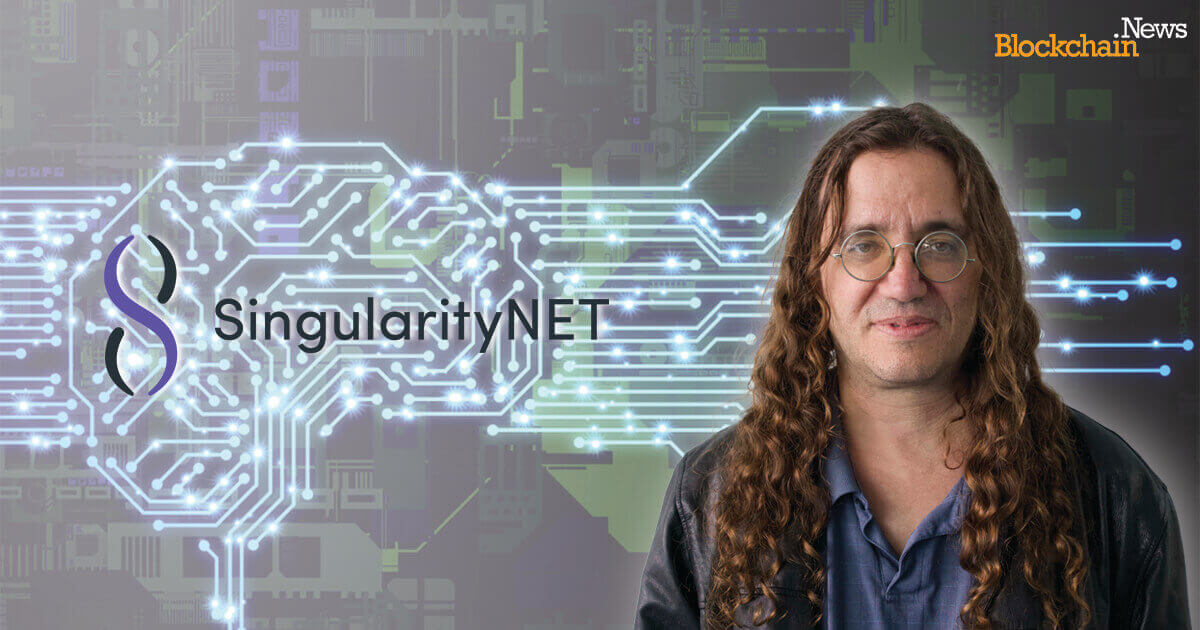Deep Learning Models Fall Short of Achieving True AGI, SingularityNET (AGIX) Reports
Jessie A Ellis Jun 20, 2024 10:05
Despite advancements, current deep learning models struggle to achieve the comprehensive capabilities needed for artificial general intelligence (AGI), according to SingularityNET (AGIX).

Despite significant advancements, current deep learning models remain fundamentally limited in their capacity to achieve artificial general intelligence (AGI), according to a recent analysis by SingularityNET (AGIX). While these models have revolutionized artificial intelligence (AI) by generating coherent text, realistic images, and accurate predictions, they fall short in several crucial areas necessary for AGI.
The Limitations of Deep Learning in Achieving AGI
Inability to Generalize
A major criticism of deep learning is its inability to generalize effectively. This limitation is particularly evident in edge cases where models encounter scenarios not covered in their training data. For instance, the autonomous vehicle industry has invested over $100 billion in deep learning, only to see these models struggle with novel situations. The June 2022 crash of a Cruise Robotaxi, which encountered an unfamiliar scenario, underscores this limitation.
Narrow Focus & Data Dependency
Most deep learning models are designed to perform specific tasks, excelling in narrow domains where they can be trained on large datasets relevant to a particular problem, such as image recognition or language translation. In contrast, AGI requires the ability to understand, learn, and apply knowledge across a wide range of tasks and domains, similar to human intelligence. Furthermore, these models require enormous amounts of data to learn effectively and struggle with tasks where labeled data is scarce or where they have to generalize from limited examples.
Pattern Recognition without Understanding
Deep learning models excel at recognizing patterns within large datasets and generating outputs based on these patterns. However, they do not possess genuine understanding or reasoning abilities. For example, while models like GPT-4 can generate essays on quantum mechanics, they do not understand the underlying principles. This gap between pattern recognition and true understanding is a significant barrier to achieving AGI, which requires models to understand and reason about content in a human-like manner.
Lack of Autonomy & Static Learning
Human intelligence is characterized by the ability to set goals, make plans, and take initiative. Current AI models lack these capabilities, operating within the confines of their programming. Unlike humans, who continuously learn and adapt, AI models are generally static once trained. This lack of continuous, autonomous learning is a major hindrance to achieving AGI.
The “What If” Conundrum
Humans engage with the world by perceiving it in real-time, relying on existing representations and modifying them as necessary for effective decision-making. In contrast, deep learning models must create exhaustive rules for real-world occurrences, which is impractical and inefficient. Achieving AGI requires moving from predictive deductions to enhancing an inductive “what if” capacity.
While deep learning has achieved remarkable advancements in AI, it falls short of the requirements for AGI. The limitations in understanding, reasoning, continuous learning, and autonomy highlight the need for new paradigms in AI research. Exploring alternative approaches, such as hybrid neural-symbolic systems, large-scale brain simulations, and artificial chemistry simulations, may bring us closer to achieving true AGI.
About SingularityNET
SingularityNET was founded by Dr. Ben Goertzel with the mission of creating a decentralized, democratic, inclusive, and beneficial Artificial General Intelligence (AGI). The SingularityNET team includes seasoned engineers, scientists, researchers, entrepreneurs, and marketers, with specialized teams devoted to various application areas such as finance, robotics, biomedical AI, media, arts, and entertainment.
For more information, visit SingularityNET.
Image source: Shutterstock.jpg)